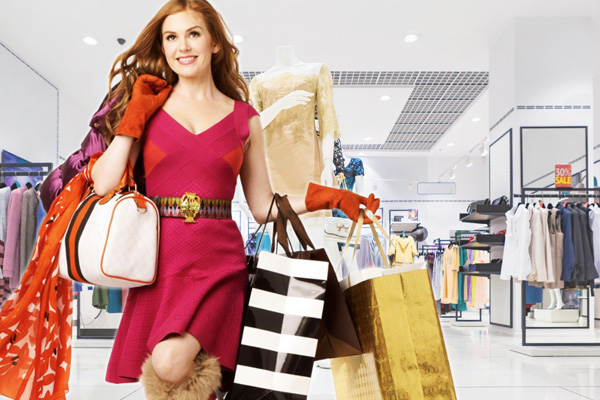SHOPAHOLICS UNITE! –
Feb. 25, 2022 – “Retail therapy” can get confused with “shopping addiction,” but these terms have different meanings.
During retail therapy, you are in control of your spending and feel satisfied with your decision to buy or not to buy. Shopping addiction makes you want to keep buying things, even if you know you shouldn’t. Buyer’s remorse—a sense of regret after making a purchase—usually follows.
About 6%–8% of shoppers are compulsive buyers.2
There is a fine line between retail therapy and shopping addiction. Here are signs that retail therapy may be going too far:34
Spending excessive time thinking about or looking for items you don’t needExperiencing money problems due to uncontrolled buying
Going through relationship difficulties due to excessive spending
Having an urge to keep buying similar items
Neglecting work, school, or family responsibilities to shop needlessly. Whether retail therapy is good for you depends on your financial and emotional situation.
An occasional indulgence within your means is not normally a problem. However, when shopping becomes your way of proving your self-worth, you may have a deeper issue to address. If shopping triggers more anxiety or endangers your finances or relationships, retail therapy is hurting you.



